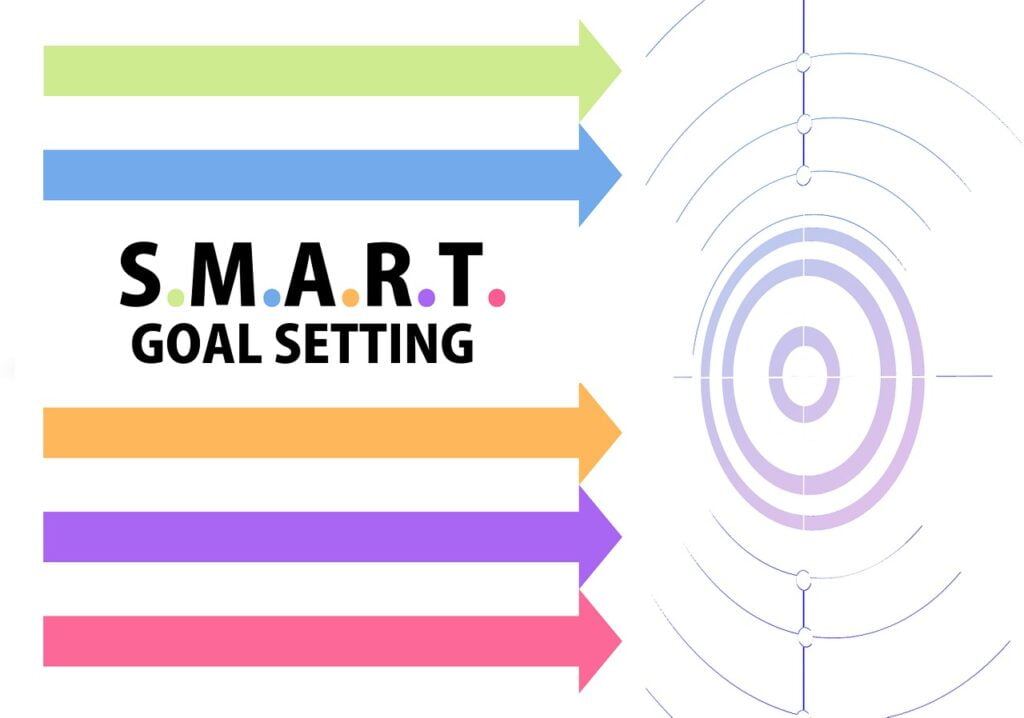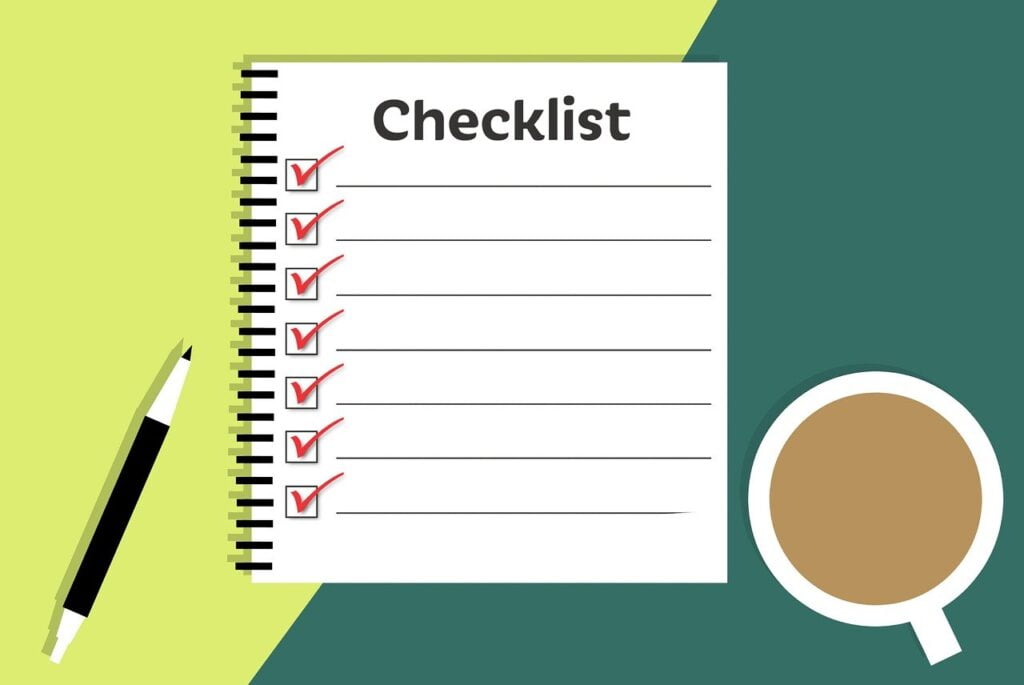Accountability is the foundation for building trust, engagement, and high performance within a team. It involves team members taking ownership and responsibility for their contributions, actions, and decisions. A culture of accountability creates alignment around shared goals and improves results.
Without accountability, team members may feel their efforts don’t matter or that they can slack off without consequence. This leads to frustration, lack of trust, and poor work quality. However, when a team embraces mutual accountability, each person knows their role and impact. There is clarity around responsibilities and expectations.
Team accountability exercises help improve communication, collaboration, and problem-solving. Team members feel empowered to speak up, provide feedback, and resolve conflicts. By taking ownership, they drive progress and continuous improvement. Leaders who model accountability create psychological safety for the team to learn from mistakes. Overall, accountability accelerates achieving team goals and desired outcomes.
Jump To Section
Set Clear Expectations and Responsibilities

Setting clear expectations and defining roles and responsibilities are the foundation for building accountability within a team. As a leader, you must ensure that every team member understands their individual responsibilities and how they contribute to the team’s overall success.
Begin by working with the team to create a team charter that documents each person’s role. Be as specific as possible – outline the key tasks and duties for each position. Then, have an open discussion to make sure there is agreement on the expectations. Allow team members to ask clarifying questions and provide input.
You can also assign accountability partners on the team. Pair people up to hold each other accountable for specific goals or responsibilities. Check in regularly with the accountability partners to ensure they are providing constructive feedback and upholding their commitments.
By taking the time to explicitly assign roles, document expectations, and clarify responsibilities, you empower each team member to take ownership of their part. This builds mutual understanding and forms the foundation for a culture of accountability.
Create Shared Goals

Having shared goals that the entire team is working towards is crucial for building accountability. As a manager, take time to develop S.M.A.R.T (Specific, Measurable, Achievable, Relevant, and Time-bound) goals together with your team. Make sure everyone has a clear understanding of the team’s objectives and how their individual goals and responsibilities align.
When the team is united by a common purpose, they will be more motivated to hold each other accountable. Revisit the goals often in team meetings to track progress. Adjust timelines if needed but avoid lowering the targets. This keeps the team focused on achieving their shared vision. Celebrate when milestones are reached!
Foster Open Communication
Open communication is essential for building a culture of accountability within a team. Team members need to feel comfortable speaking up, sharing concerns, and providing feedback without fear of judgment.
Leaders should foster an environment of psychological safety where team members can communicate openly without repercussions. Set guidelines for respectful interactions and make it clear everyone’s perspective is valued. Implement regular touchpoints like weekly check-ins for team members to share updates, raise issues, and ask for help.
Leaders can model open communication by being transparent about goals, plans, and challenges. Admit mistakes openly and avoid blaming. Ask for feedback frequently. When team members see leaders communicating openly, they will feel more comfortable doing the same.
Solicit ideas from the team and listen without judgment. Ask clarifying questions to understand different perspectives. Avoid shutting down dissenting voices. Make sure everyone has a chance to contribute during meetings and discussions.
Ultimately, open communication ensures nothing falls through the cracks. With regular touchpoints and an environment where people feel safe speaking up, teams can surface concerns early before they become big problems. This allows the team to solve issues collaboratively.
Conduct Regular Team Meetings

Consistent team meetings are essential for maintaining accountability within a team. Leaders should aim to hold weekly or monthly meetings to review progress on goals, address any potential issues, and discuss what’s working well versus the challenges the team is facing.
Regular team meetings provide a forum for open communication among team members. This allows everyone to get aligned, track progress, and hold each other accountable. During meetings, the team can review responsibilities and deliverables to ensure everyone is on track. If any delays or problems have come up, the team can discuss solutions. Team meetings also present an opportunity for giving and receiving feedback on performance.
Overall, regular team meetings encourage accountability by providing a space for the entire team to come together. Team members can report on their progress, ask for help, and provide updates. Issues can be raised before they escalate. Meetings also help foster a culture of continuous improvement, as the team works to get better at collaborating and achieving collective goals. With consistent meetings, the team develops a sense of shared responsibility and commitment to results.
Give and Receive Feedback
Providing regular constructive feedback is essential for building a culture of accountability within a team. Both positive and developmental feedback should be given frequently.
The “feedback sandwich” model can be useful – start with a positive comment, give a constructive critique, then end on another positive. Feedback is most effective when it is specific and focuses on behaviors rather than personal criticisms.
Consider using anonymous feedback channels periodically. This allows team members to share concerns openly without fear of judgment. Anonymous feedback can be collected through simple online polls or surveys.
When giving feedback, focus on observable behaviors and actions. Provide examples to back up your perspectives. Listen carefully when receiving feedback from others. Avoid being defensive – reflect on how you can improve based on the feedback you are given.
Overall, frequent constructive feedback in both directions builds trust, transparency, and shared commitment to growth. Team members should feel comfortable both giving and receiving feedback regularly.
Develop Accountability Agreements

Having each team member sign an agreement that clearly outlines expectations and commitments is a straightforward way to promote accountability. The act of putting expectations in writing, reviewing, and signing helps cement individual and shared responsibilities.
An accountability agreement should cover goals, key results, roles, communication processes, and decision-making authority. It’s important to revisit these agreements regularly, updating them as priorities or team members change. Reviewing the agreement in team meetings or one-on-ones helps keep the team focused on honoring their commitments.
Signed accountability agreements reinforce that holding each other responsible for actions and results is a shared team priority. They provide clarity around how decisions will be made and work will get done. While the agreement itself does not guarantee accountability, the process of co-creating and reviewing it builds shared understanding of the team’s objectives and how each member will contribute.
Perform Team Roleplays
Roleplaying various team scenarios can be a powerful way to build accountability skills. Set up practice scenarios where team members act out situations like missed deadlines, conflicts between members, lack of ownership, etc.
Have the team walk through how they would address these issues constructively. Roleplaying builds empathy, communication skills, and conflict resolution abilities. It provides a safe space to practice giving and receiving feedback.
Some potential scenarios include:
- A team member constantly misses deadlines and makes excuses. The team must address this respectfully yet directly.
- Two team members have a heated conflict over project ownership. The team works through how to resolve it professionally.
- A team member fails to complete an assigned task. The team discusses accountability and taking responsibility.
- A team lead micromanages and won’t empower the team. The team addresses this issue collaboratively.
After each roleplay, have a debrief. Ask questions like: How did this make you feel? How could it have gone better? What lessons did we learn?
Roleplaying equips teams to handle real accountability issues. It builds trust, communication, and responsibility. With practice, teams can cultivate a culture of constructive feedback, ownership, and mutual respect.
Conduct Accountability Audits

One effective way to build team accountability is to conduct periodic accountability audits. These are assessments of how well your team is doing when it comes to accountability.
An accountability audit can take the form of an anonymous survey distributed to all team members. The survey should ask questions aimed at uncovering strengths and weaknesses related to accountability within the team. Sample questions might include:
- How well do team members fulfill their individual responsibilities?
- How openly do team members communicate with each other?
- To what degree do team members hold each other accountable?
- How well does the team resolve conflicts and disagreements?
- How much does the team trust each other?
The goal of the audit is to assess how well team processes, communication, and trust levels are supporting a culture of accountability. The audit results will reveal areas where the team is doing well, as well as areas for improvement.
Once the audit results are compiled, have a discussion with the team to review the findings. Identify areas that need work and brainstorm ways to improve. Then create an action plan with specific steps the team can take to boost accountability where needed.
Conducting periodic accountability audits encourages continuous improvement. It demonstrates the team is serious about cultivating shared responsibility and trust. Over time, repeating the audit will provide insight into progress made.
Lead by Example
As a manager, you set the tone for accountability on your team. You must model the accountable behaviors you want your team to demonstrate.
First, take complete ownership of your decisions and actions. When you make a mistake, admit it openly rather than making excuses. Apologize when appropriate and communicate how you will improve going forward. By holding yourself accountable first, you demonstrate the attitude you expect from your team.
Also, make sure you follow through on your own commitments. Arrive on time for meetings you schedule and complete tasks by the deadlines you set. When you say you will do something, do it. Your team notices when you don’t walk the talk.
Finally, avoid blaming others when things go wrong. Even if it’s not your fault, take responsibility for finding solutions. Your team will emulate your accountability when you refrain from finger-pointing.
Overall, being a role model of accountability is one of the most powerful ways to build an accountable culture. Your team learns what accountability looks like from your example. Lead by taking ownership, admitting mistakes and following through.


